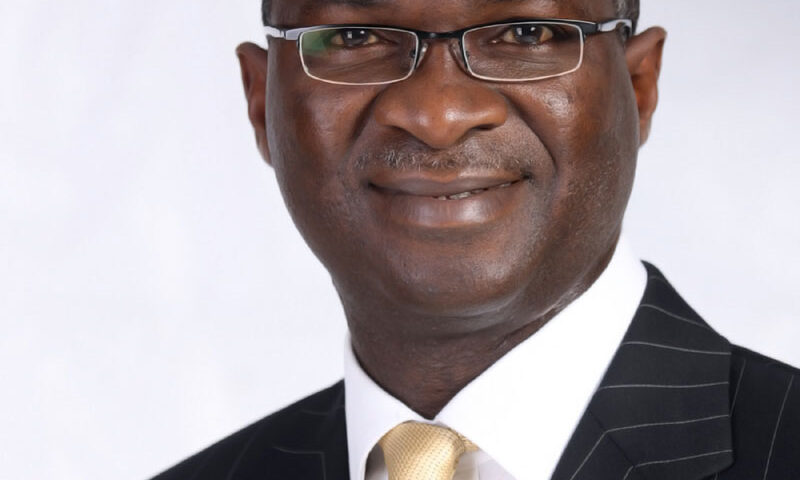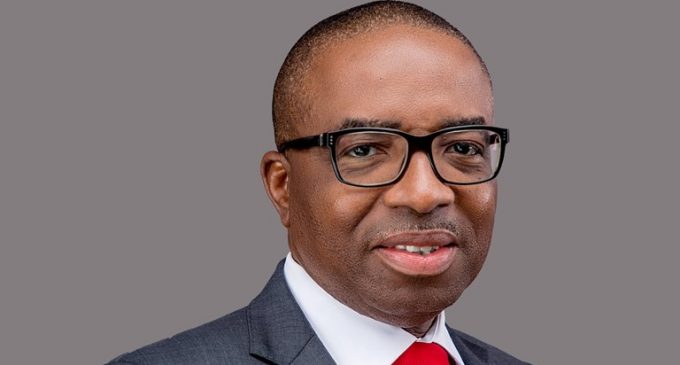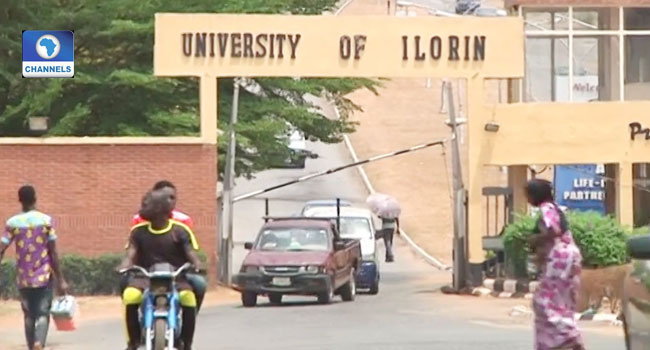FEC approves N27.4bn worth contracts for Works/Housing, FCT ministries
By Favour Nnabugwu
The Federal Executive Council, FEC, on Wednesday, approved contracts worth about N27.4 billion for projects in the Works and Housing, and the Federal Capital Territory, FCT, ministries.
The FEC also approved the bill for the enactment of the Civil Defense, Corrections, Fire, Immigration Services Board, CDCFIB, and the establishment of a Federal University of Health Sciences in Oturkpo in Bunue State.
The Minister of Works and Housing, Mr. Babatunde Fasola, briefing state house Correspondents after the council neeeting in Abuja, said his ministry presented two memoranda, both of which were approved by Council.
Fashola flanked by the FCT Minister, Mallam Mohammed Musa Bello; Interior, Ogbeni Rauf Aregbesola; and the Special Adviser to the President on Media and Publicity, Chief Femi Adesina.
The Works and Housing minister said the council approved the appointment of consultants to supervise the ongoing construction of the Bodo-Bonny Highway in Rivers State, as well as the construction of the Idah-Nsukka Road, linking Kogi and Enugu states, putting the cost of both projects at N27.067 billion.
He said, “On behalf of the Ministry of Works and Housing, I presented two memoranda to Council, the first was to appoint the consultant to undertake the supervision consultancy for the construction of the Bodo-Bonny Road and bridge, which was previously awarded by Council. So, we now have a consultant helping to supervise what the contractor is doing.
“The supervision consultancy was awarded at the sum of N895,250,000 to a group called Pearl Consultants.
“The second memorandum was for the award of the contract for the rehabilitation of the Idah-Nsukka Road, an 84 kilometre road, linking Kogi and Enugu states, which Council approved for the sum of N26.172 billion, in favour of a joint venture of Messrs. Sajeto Construction and RN Construction.”
Also briefing, the Minister of the FCT, Mallam Bello, said his ministry got an approval for the procurement of a light duty towing truck at the cost of N286,302,277.50, which he explained is expected to be made available with eight weeks.
He said, “In today’s council meeting, I presented a memo for the award of contract for the procurement of a light duty towing truck, including a 10ton crane attachment for the Directorate of Road Traffic Services, under the Federal Capital Territory Administration.
“This truck is meant to complement and add to the fleet of vehicles that that directory has so that it can enhance our activities of towing vehicles, I’ve seen of accidents also towing vehicles when they impounded. This contract has been awarded to a company called CIF Global Services Limited, at a total contract sum of N286,302,277.50, with a completion period of eight weeks.”
On his part, the Minister of Interior, Ogbeni Aregbesola, said the Council approved the repeal of the Immigration and Prison Services Board Act and got the approval for the enactment of the CDCFIB.
He said, “On behalf of the Ministry of Interior, I presented a memo to the Federal Executive Council seeking approval for a bill on how to repeal the Immigration and Prison Services Board Act, Cap 12, Law of the Federation of Nigeria, 2004. I equally sought the approval for the enactment of the Civil Defence, Corrections, Fire, Immigration Services Board (CDCFIB), Bill 2021at today’s FEC. And the two prayers were approved.”
The Special Adviser to the President on Media and Publicity, Chief Adesina, announced the proposed establishment of a Health Sciences University in Oturkpo, Benue State, by the federal government.
“I just like to announce that a draft bill for the establishment of a Federal University of Health Sciences was approved and is to be cited in Otukpo, Benue State”, he said.









